View cart “Brass Panchaarti (Small)” has been added to your cart.
Copper Pooja Plate
₹660.00
Description
- Pooja plate is used for keeping Pooja items during Pooja.
- The Pooja items kept in a Pooja plate include Roli for tilak, Akshat,Ghanti (bell),a small Kalash filled with water,Kalava to tie around the wrist,aarti-diya and some colorful flowers.
- The Pooja-thali has special significance for the festivals.
- Agarbatti,camphor,coconut,belpatra,betel leaves,sandalwood paste,candles, flowers,seasonal fruits and sweets (as Prasad) and silver or gold coins having image of Goddess Lakshmi,Lord Ganesh,Om,Swastika or Shree are also kept in a thali.
- Made of thick copper with long lasting finish.
Specifications
- Material – Copper
- Pack of – 1
- Size – (W x H) 20.8 x 3.5 cm
- Weight – 245 gram
Categories: Pooja Ingrediants, Pooja Thalis
Related products
Yellow Mustard (Pili Sarso)
₹50.00
Navadhanya
₹35.00
Description
- Navadhanya signifies the nine grains (where ‘Nava’ means nine and ‘Dhanya’ means grains) that are an important part of an Indian’s staple food.
- They are offered to the Navgrahas (9 planets). They are also part of other Hindu pooja and rituals. The Navadanya includes Bengal Gram, Wheat, Horse Gram, Green Gram, Rice, White beans, Black Seasame seeds, Chic Peas, Black Gram.
- Usage of Navadhanya as a Hindu pooja item is a ritual followed during specific occasions such as the Grahapravesam or house warming ceremony and also during the Navaratri festival.
Uses of Navadhanya for Grahapravesam
- The Grahapravesam or house warming ceremony is a ritual performed before someone starts living in a new house.
- Sometimes, a Grahapravesam may also be performed if the house or a portion of the house has been rebuilt, or if someone is coming back to live in the house after being away in a different place for a long number of years.
- The objective of performing this ritual is to invoke the blessing of the gods to grant happiness, peace, prosperity and longevity to the people who are going to live in the house.
- During this ritual, the Navadhanya is one of the essential Hindu pooja items. These nine grains are placed in a pot filled with water along with a one rupee coin and a coconut is then placed on top of the pot. The priest then performs the pooja ritual after which this pot is taken inside the house and placed near the homam fire.
Use of Navadhanya during Navarathri festival
- Navadhanya is also an important part of the Navarathri festival which is celebrated for nine continuous days in worship of the Hindu goddesses.
- “Kolu” is a significant aspect of this festival where different idols are arranged such that they signify different stories from the various epics in the Hindu religion. Pooja will be performed for the idols placed in the Kolu every evening and neighbors will be invited to visit the Kolu and sign hymns in praise of the gods.
- Each evening one of the Navadhanya will be cooked and offered to the deity and visitors in the form of “Sundal”.
- The Kolu custom and evening pooja is incomplete without a sundal made from one of the Navadhanyas.
- Apart from the spiritual or religious beliefs of well being when using a Navadhanya, intake of these grains has excellent health benefits.
Quantity
- 125 gms
Kesar
₹190.00
Description
- Kesar have been derived from the Northern Indian region, Kashmir, where old saffron was produced.
- Saffron is the most expensive spice in the world.
- Saffron's aroma is unique and there is no substitute for it.
- It is offered to deity idols and afterwards distributed and smeared on the foreheads of devotees.
Quantity
- 0.025 gms
Havan Samagri
₹140.00
Description
- The Havan Samagri is a sacred offering in the yagna and each item of the samagri is significant.
- The havan samagri is offered in the fire during yagnas and homas, after completion of every mantra chant.
- Havan Samagri (a mixture of various dried herbal , roots and leaves) is offered in the ablazed fire which disseminates in micro form, in the air, to purify the environment besides activating the air as disinfectant germicidal agent.
- It is anti-bacterial and is made from high grade raw materials. It is 100% natural Havan Samagri.
Contents
- Made from ayurvedic havan exotic herbs, Black til, Jo, 32 types of dhoop, Bhimseni kapoor, rose petals, sandalwood powder, lobaan, ghee, chandan
Quantity
- 100 gms
Clove, Cardamom, Betelnut
₹95.00 – ₹210.00
Description
- Pack of cloves (long), cardamom (elaichi) and betelnut (supari) for use in daily pooja and rituals.
Used
- Clove in pooja rituals for fulfillments of desires and success in work (karya siddhi).
- Cardamom has a special aroma, which is pleasant and is used to attract and invoke deity energies.
- The betel nut is an integral part of the daily or ritualistic Pooja.
- It is also popularly used in the age old- custom of Indian eating.
- The supari is symbolic of the nut of the ego that must be offered on the altar of God.
- It represents the hard, coarse qualities that must be surrendered to God, leaving only the soft, pure qualities.
Quantity
- Clove, Cardamom, Betelnut - set of 5 , or 11 each
Black sesame (Kala Teel)
₹175.00 – ₹340.00
Description
- It is also known as Kura Goma. These seeds are used for purifying the body.
- Water boiled with these seeds makes body pure.
- Black til is mixed in either milk/ water and then offered to Lord Shiva in the form of Abhishek.
- It is equivalent to doing abhishek with 'punchamrat' (a combination of 5 things).
- This seed is very dear to the Pitars (deceased ancestors).
- Black sesame or kaala teel is part of hawan samagri, mix up in hawan samagri as homam dravya , exotice herbs.
- In shani, hanuman, shiva pooja and hawns major samagri used is black teel. on the day of saturday and tuesday with chameli oil black teel is offers to lord hanumanji, too remove saturn effect.
Quantity
- 250, 500 gms
Brass Kalash
₹700.00
Description
- This lovely Kalash can be utilized karwa chauth and any event like wedding , commitment ,diwali , raksha bandhan or in any ceremonies, puja Brass Kalash keeps up an exceptionally propitious job as it is a piece of each religious customs.
- This is made of Brass material which makes it durable.
- Kalash is an important accompaniment in pooja rituals, weddings and important festive occasions.
- The water in Kalash is also used during abhishekam.
- Made in heavy shining brass.
Specifications
- Material - Brass
- Pack of - 1
- Size - (W x H) 8 x 9 cm
- Weight - 146 g
Lotus Seeds
₹40.00
Description
- Lotus seeds strengthens devotion and opens the heart for divine grace.
- Lotus seeds have the quality of sattva or purity and are associated with Vishnu, the preserver.
- The lotus being a symbol of growth, as it blooms beautifully even in the most unlikely, difficult environments, and is a metaphor for our own growth.
- Also called as Kamal Kakadi or Pabdi, these seeds are used an an offering to Goddess Laxmi and are also offered as a fire oblation while doing Mahalaxmi yagna.
Quantity
- 21 seeds


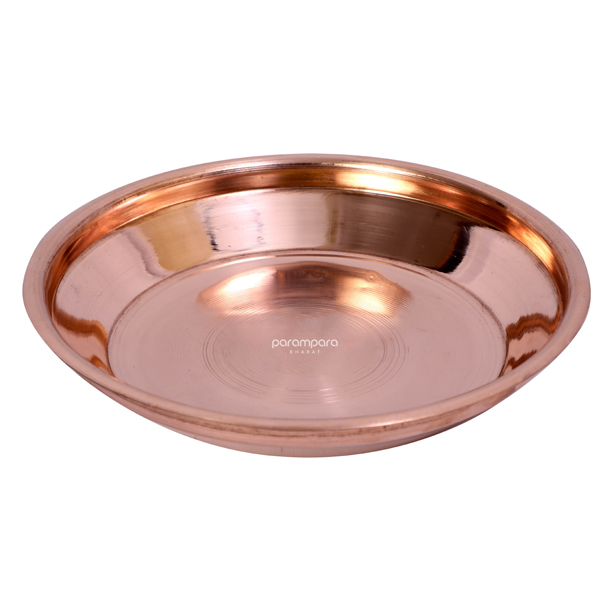
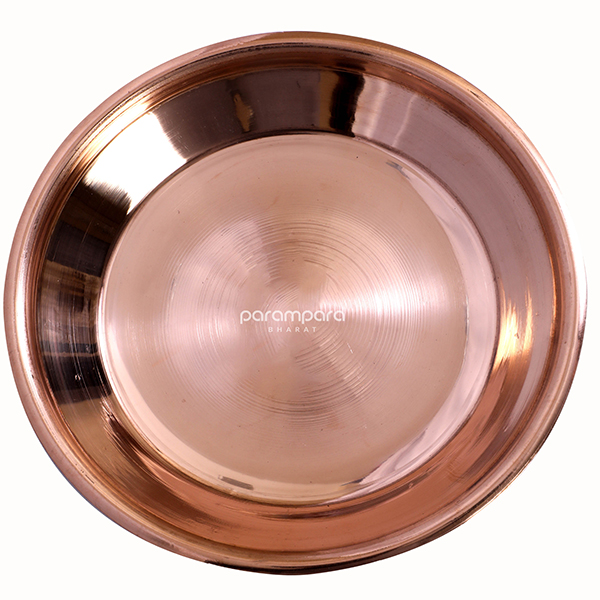
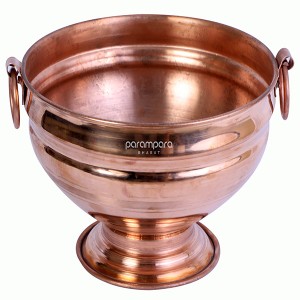
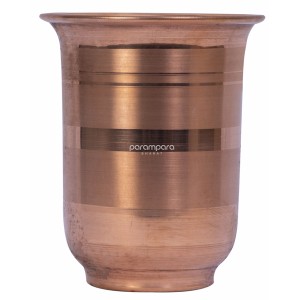
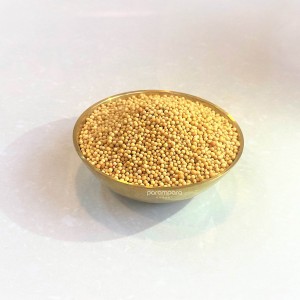
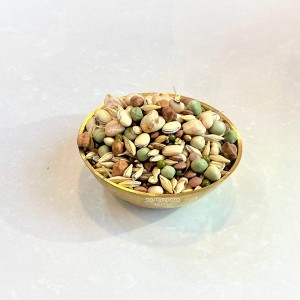
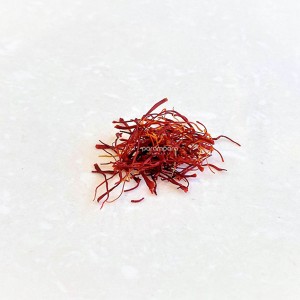

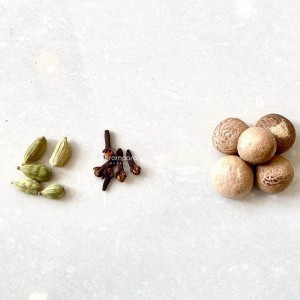
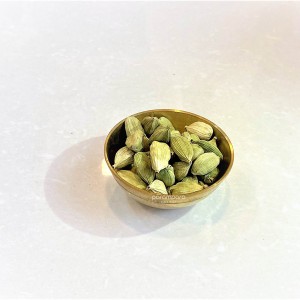

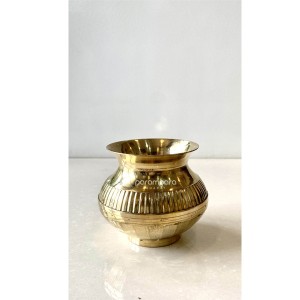



Reviews
There are no reviews yet.